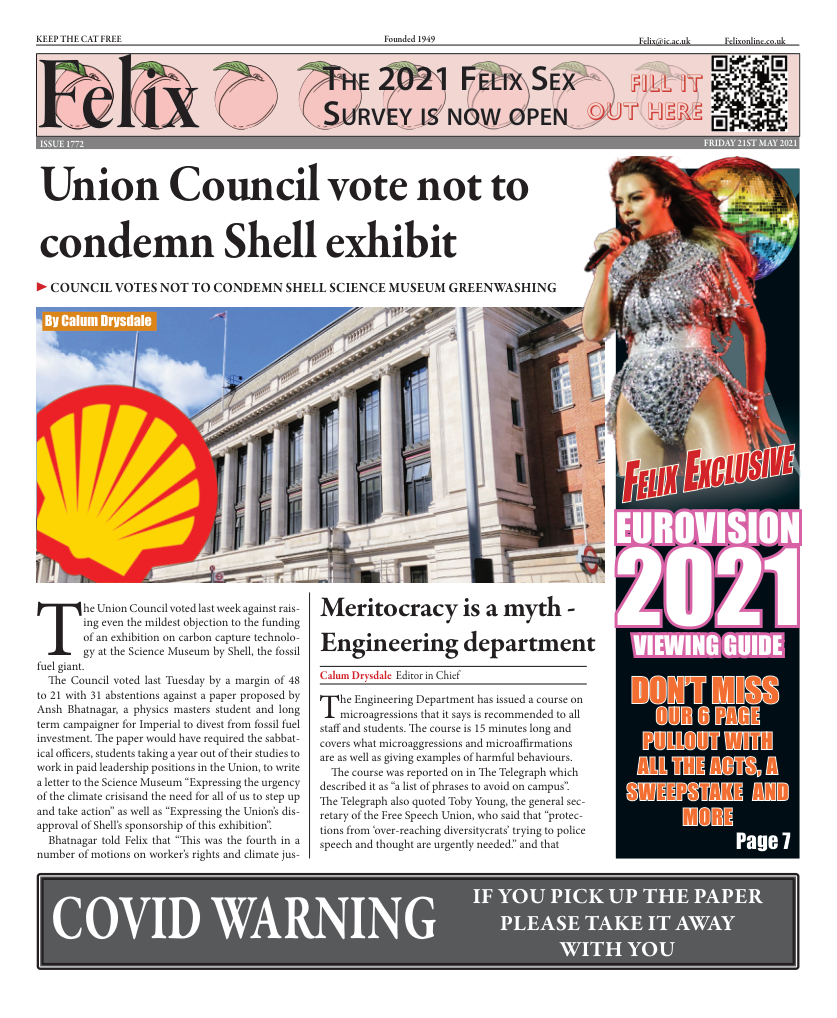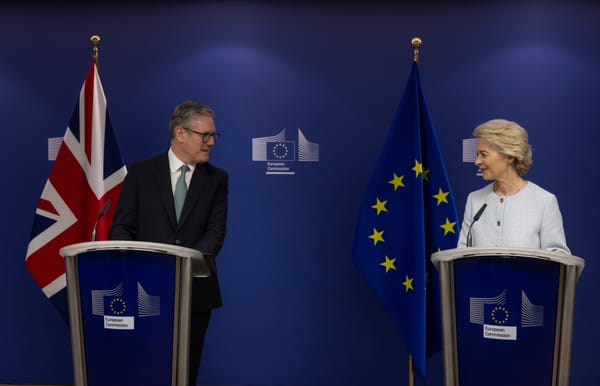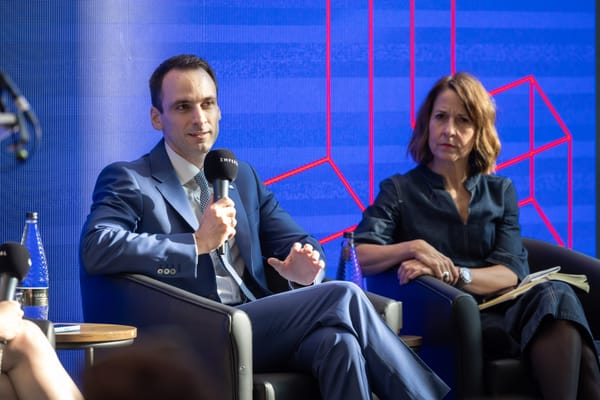A month on- what was the ESL?

The founders of the European Super League announced it with the intent to ‘save football’ – to reignite a generation’s apparently lost passion for the game, and provide blockbuster fixtures and steady revenue for clubs week after week. The dream didn’t last long though, and backlash from fans, media and pundits, and even Governments led to the league effectively dissolving just two days after its inception.
What was the European Super League?
The European Super League, or ESL, was the dream of club owners and CEOs to stabilise a footballing world rocked by the Coronavirus . It consisted of 15 member clubs, 12 of whom signed up straight away, and a further 3 who would join them in the subsequent weeks. Five other clubs would then be able to join, creating a 20-team league which was divided into two groups.
The league was to be played very much like any other, with the addition of quarter- and semi-finals leading up to a final not dissimilar to the Champions League.
Who was behind it?
The clubs initially behind the ESL were Real Madrid, Barcelona and Atletico Madrid from Spain, Juventus, Inter Milan and AC Milan from Italy, and the ‘big six’ of Premier League football in England – Manchester United, Manchester City, Liverpool, Chelsea, Tottenham Hotspur and Arsenal.
How did it fall apart?
As soon as the league was announced, protest erupted among fans. The actions of clubs furloughing staff during the pandemic to ‘save wages’ had already soured relations between supporters and owners, and now what was seen by many as an ill-disguised cash grab was a step too far.
Spearheaded by former players and Sky Sports pundits Gary Neville and Jamie Carragher, impassioned pleas and cries for sanctions rang out all across Europe. The UK Government even pledged action to prevent the clubs joining this breakaway league, as clubs from all tiers of football condemned the move.
It’s not hard to see why the idea was so controversial. With payouts in the region of hundreds of millions of pounds just for signing up, with no danger of relegation for founder members, this was seen as a cushy business plan for those at the top of their respective clubs, to ensure their ‘elite’ pedigree remained while guaranteeing broadcast revenue and (they assumed) vast ticket sales to fans who would be salivating to watch some of the biggest clubs in world football competing week in, week out.
After sustained protests from fans – which culminated in groups gathering outside clubs before games in spite of lockdown restrictions – and scathing media coverage, Chelsea and Manchester City led the line in withdrawing from the ESL. The other four English clubs soon followed, as did AC Milan, Inter Milan and Atletico Madrid. The remaining clubs vowed that the dream was not dead, but despite this, the Super League was suspended shortly afterwards. Barcelona, Juventus and Real Madrid remain convinced - at a board level - that one day this idea will come to pass, but for the time being at least, it’s 1-0 to the fans, and to football as we know it.









